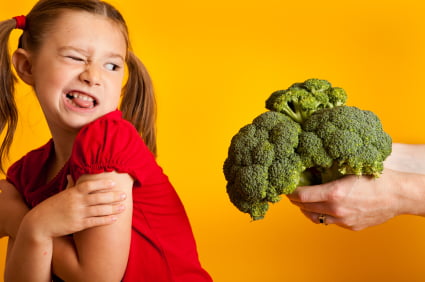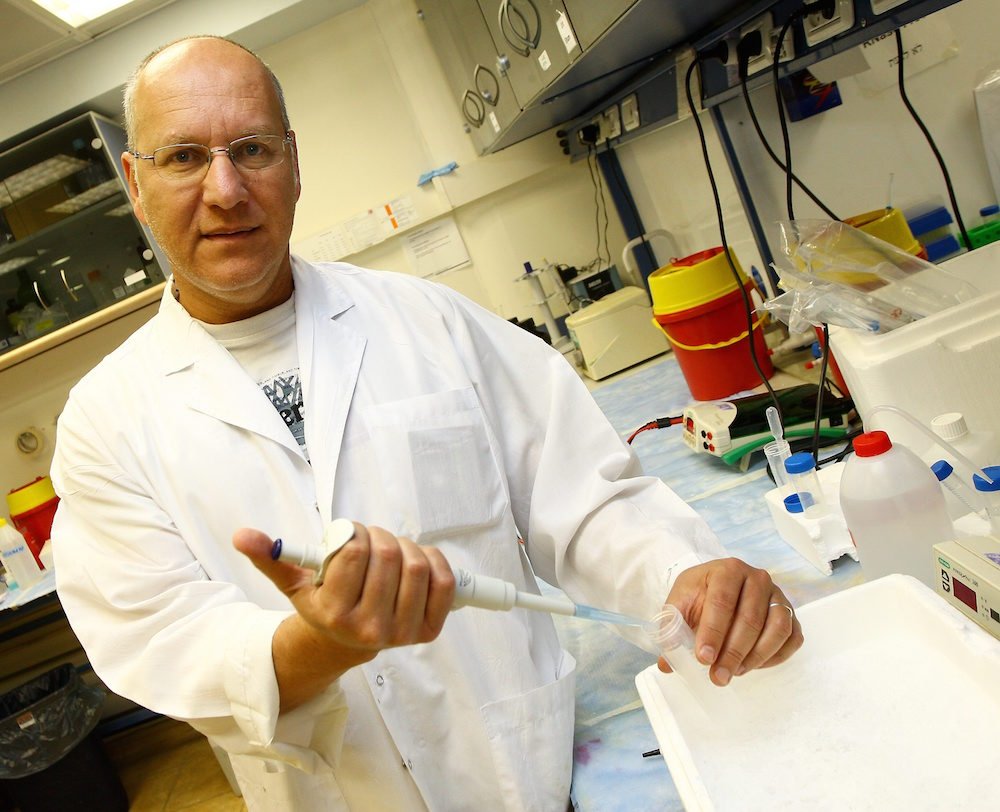Have you ever wanted to become a more adventurous food aficionado? Picky eaters of the world take note; researchers from the University of Haifa have found that if you try the same “yucky” food in a different location, your brain will be more tolerant of the new attempt.
In a new study led by Prof. Kobi Rosenblum and doctoral student Adaikkan Chinnakkaruppan at the University of Haifa, researchers established for the first time that there is indeed a functional link between the areas of the brain responsible for negative taste memory and those responsible for processing the memory of the time and location of the sensory experience. This link does not exist when we savor and enjoy a new experience with food.
SEE ALSO: The ‘Memory’ Of Starvation Stays In Your Genes For Three Generations, Tel Aviv Researchers Show
The taste cortex, which is the area of the brain responsible for storing memories of new tastes, is found in a rather insulated area of the human brain known as the insular cortex. The area of the brain responsible for formulating memories of time and place is the hippocampus. Until now, experts believed that no direct connection existed between these areas, meaning that taste was not related to the time and place where one experienced it. However, the latest research changes all that, and with it our understanding of eating habits and traumatic food memories.
 Bad, not good, tastes are more dominant in our memory
Bad, not good, tastes are more dominant in our memory
To begin their research, scientists chose to study and investigate the taste cortex, responsible for taste memory, as well as three different areas in the hippocampus: CA1, the area responsible for encoding the concept of space; DG, the area responsible for encoding the time relationship between events; and CA3, the area responsible for filling in missing information. To do this, researchers used ordinary mice, as well as mice that were genetically engineered by their Japanese comrades. The genetically engineered mice had normal functioning brains, but lacked plasticity between the three different areas of the hippocampus making it impossible for them to form new memories in that area of the brain.
In the study, the mice were exposed to two new tastes, one mimicking the exposure to toxic food, thus causing stomach pains, and another that didn’t cause that feeling. By analyzing the two groups, it appeared that when the new taste was not accompanied with the association of toxic food, there was no difference between the normal mice and the mice that lacked plasticity. However, when the taste caused a negative feeling, there was unmistakable involvement in the area of the hippocampus responsible for encoding space.
SEE ALSO: Your Genes Could Tell You Exactly Which Foods To Eat To Stay Healthy
Sign up for our free weekly newsletter
Subscribe“The significance of this is that the moment we go back to the same place at which we experienced the taste associated with a bad feeling, subconsciously the negative memory will be much stronger than if we come to taste the same taste in a totally different place,” explained Prof. Rosenblum.
Understanding how memories are made
On a larger scale, the findings of this study uncover the complexity of the simple sensory experiences that are etched in our brains and that in most cases we aren’t even aware of. Scientists have found just how closely our senses are connected to memory and cognition. The results of this study have the ability to help explain the brain’s difficulty in producing memories when certain areas of the brain become dysfunctional following an illness or accident. For example, as we age, we become more forgetful and absent-minded in large part because our brain does not process what we see, hear, and feel as well as it once did. As a result, we struggle to store images of our experiences as clearly, and we have trouble using them and recalling them later.
The more we understand about the encoding of simple sensory experiences in the brain and the link between the feeling, time and place of the experiences, the better we will understand the complex process of creating memories and storing them in our brains.
So, to all the fussy eaters our there, don’t surrender to selectivity just yet! The next time you have an urge to re-try one of those dreaded food items, find a fresh, new place to do it. As this research proves, you can trick your brain into thinking that a once lousy bite is now a scrumptious delight!
The study was conducted by Prof. Kobi Rosenblum and doctoral student Adaikkan Chinnakkaruppan at the Sagol Department of Neurobiology at the University of Haifa, in collaboration with the Riken Institute, the leading brain research institute in Tokyo, Japan.
Photo: Man complaining for the bad food/ Grossed Out/ Gil Nehushtan
Related posts

Israeli Medical Technologies That Could Change The World

Harnessing Our Own Bodies For Side Effect-Free Weight Loss

Missing Protein Could Unlock Treatment For Aggressive Lung Cancer





Facebook comments